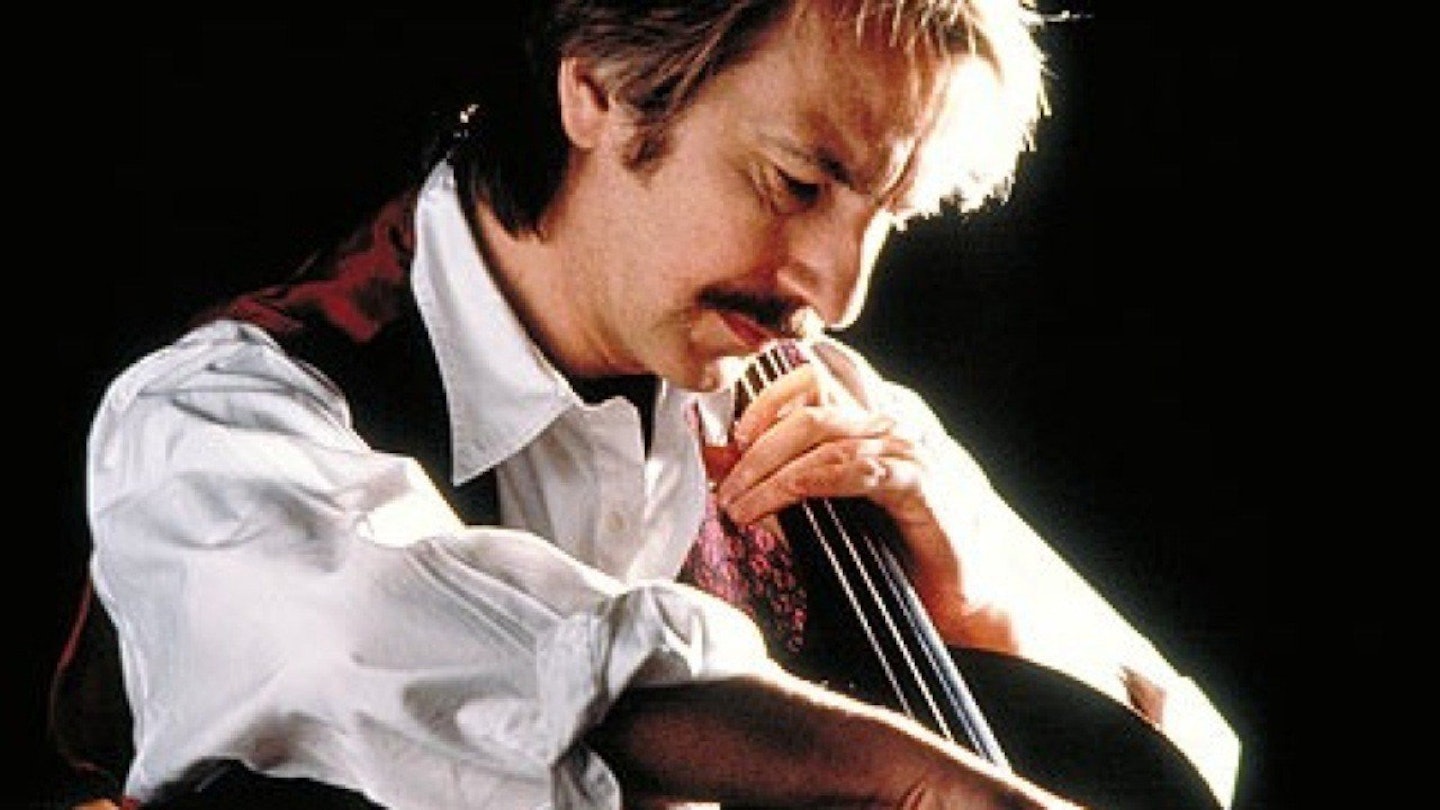Dubbed by American critics as Blighty's answer to Ghost, this BBC-funded film explores in the reaction of Nina (Stevenson) to the death of her cello-playing lover (Rickman). Distraught and alone, and left with a rat-infested flat and a large therapy bill to pay, she is immediately thrown into a tangle of emotions when he miraculously reappears from the dead in her living room.
Actually made long before the success of the Swayze/Moore hit, and set in the less salubrious surroundings of a gloomy North London it is more of a mood piece than a blockbuster. Stevenson carries the film well enough with an emotionally affecting and often uncomfortable portrayal of a woman facing the agony of bereavement, but the whole production shifts from an honest exploration of loss into a something more humorous when the morose ghostly Rickman appears.
In a brave directorial debut, Anthony Minghella appears to be trying to unfold the fact that rose-tinted memories of love are often more enthralling that the reality, but Rickman and his band of video-watching ghosts undermine any such serious intention the film may have had. There are also strong cameo roles from Bill Patterson as Nina's amiable employer and Mark Maloney as a wayward admirer.
